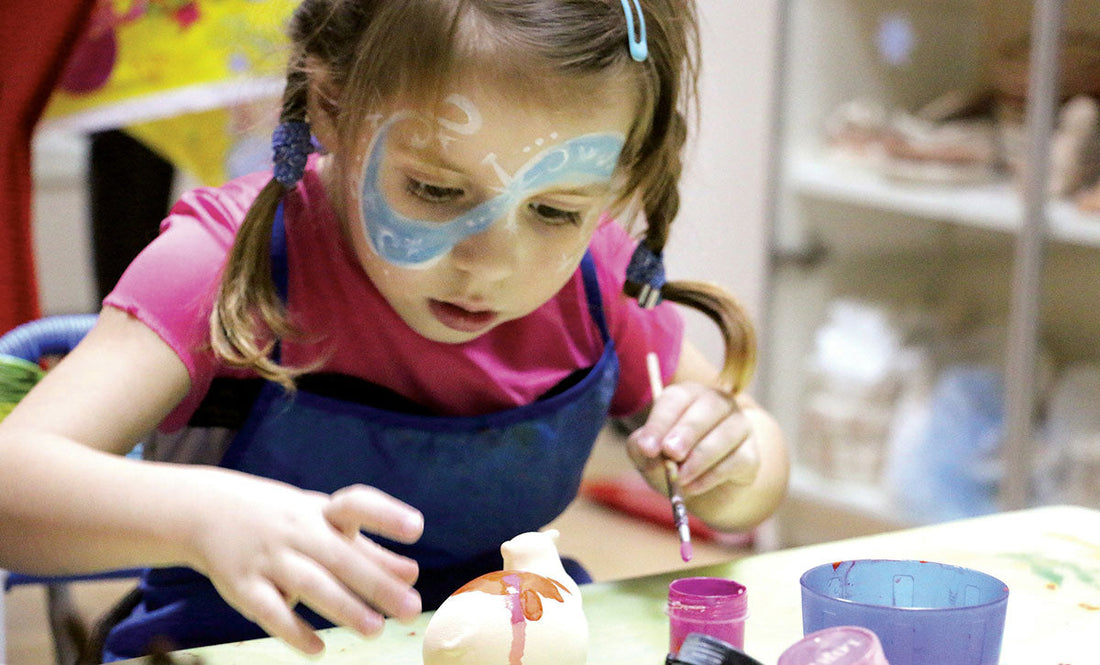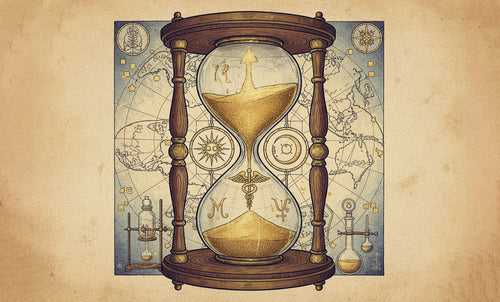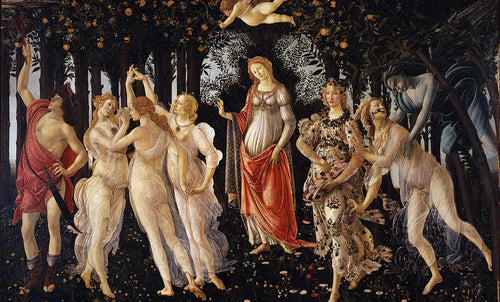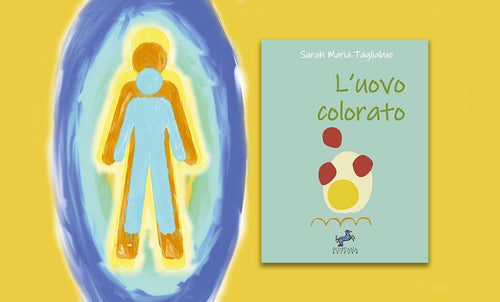
Talent in Children: How to Recognize and Cultivate It
Sarah Maria Tagliabue(Photo by Ekaterina Novitskaya on Unsplash )
In an age where performance is rewarded from early childhood, stopping to reflect on the true meaning of the word talent can be a transformative educational act. Many associate it with an extraordinary gift, a tangible achievement, something that manifests itself with resounding success: excelling in a sport, painting with skill, solving calculations with ease. But if we move beyond the level of performance, we discover a more subtle and profound vision: natural talent as an inner calling , as a personal path that guides each human being towards their own flourishing.
According to holistic pedagogy , every child is born with a natural drive. An innate, almost invisible impulse that leads them to be passionately interested in something, to lose track of time in an activity, to enthusiastically repeat gestures that may seem secondary to adults. This spontaneous flow is the sign that we are witnessing the emergence of a talent. And it isn't always spectacular. Often it is silent, revealed in the details, in small daily rituals, in games repeated a thousand times with joy and concentration.
In the systemic paradigm, talent isn't just an individual matter. It's also the fruit of the relationships that nurture it. Talent can only blossom in fertile soil, made of presence , listening , and trust . When a child feels seen for who they are, when they're not forced to be something they're not, when they're allowed to explore without judgment, then their uniqueness can grow, evolve, and find form.
But be careful: recognizing natural talent doesn't mean pushing children toward certain activities or achievements, too often with the idea that talent must be "built" directly . It's not about enrolling children in a thousand activities "to stimulate their potential," but rather guiding them in discovering what makes their eyes shine. Talent is never something to be achieved, but something to be inhabited. It doesn't need to be stimulated; it needs to be protected , supported discreetly, and created the conditions for it to emerge freely.
Adults often ask themselves the question: " How can I understand my child's talent? " A noble question, but one that also betrays a certain anxiety about results. Perhaps, instead, the real question to ask is: " How can I become an adult capable of observing without judging? Of accompanying without directing? Of trusting each child's unique pace? " Talent reveals itself where there is trust in the process , where there is room for slowness, exploration, free play, and not having to do things by force.
And again: to help a child recognize their talent, we must also ask ourselves what relationship we have with our own. How many adults have forgotten, repressed, or lost sight of their authentic voice? How many have become so adapted that they no longer know what truly excites them? Rediscovering one's talent, even in adulthood, is an act of self-love—but also a precious example for one's children.
Ultimately, nurturing talent is a profoundly spiritual act: it's helping a human being remember who they are. It's standing beside them on their journey, with the wonder and care due to every flower that blooms. And perhaps the most powerful educational revolution begins precisely here: with the courage to see, without expectations, the light that every child carries within.















































